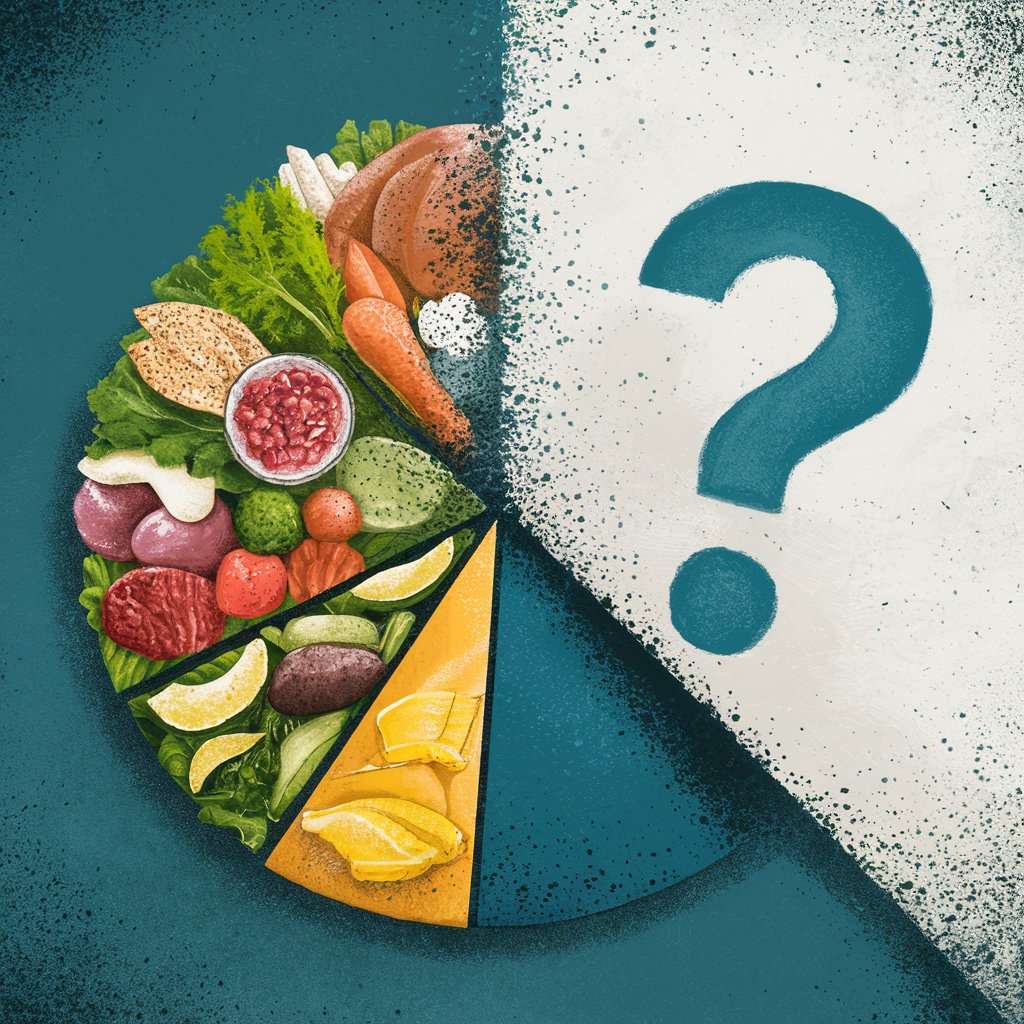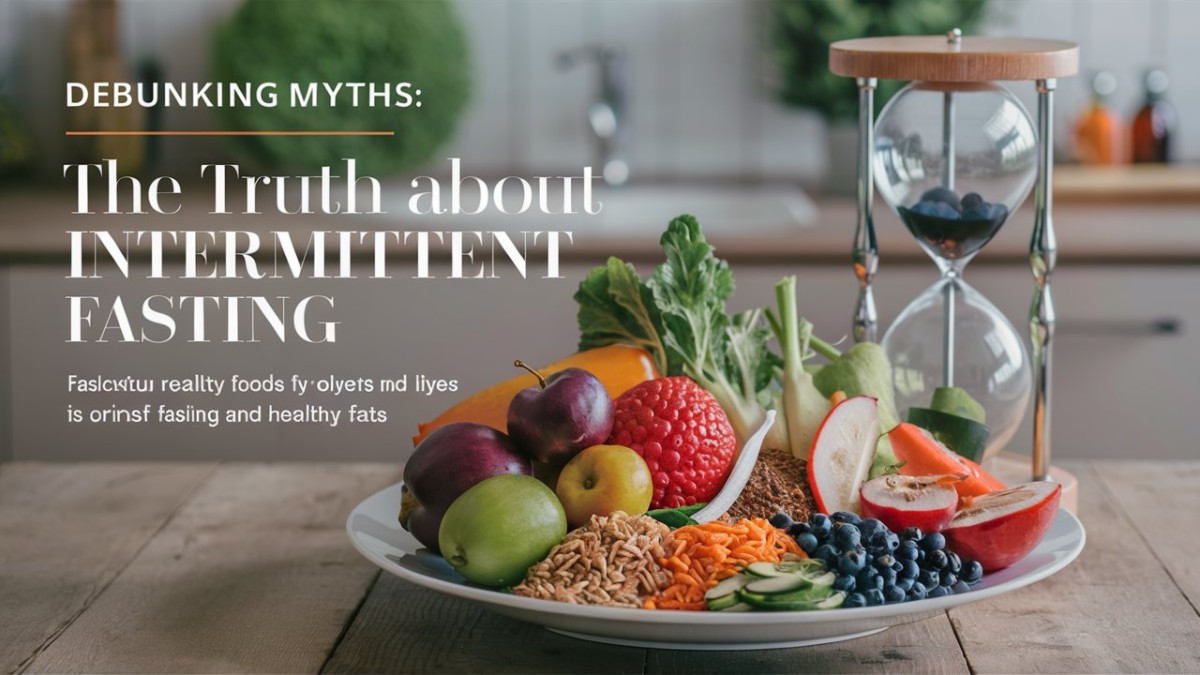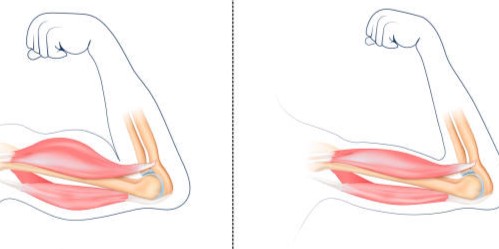“Intermittent Fasting is Not Good for your health.”
“You will fall sick if you fast.”
How many times have we heard this? And how many times have you second-guessed the decision to intermittent fasting?
Are they true?
The answer is NO
Instead of believing in false rumors about an extremely beneficial weight-loss diet plan, we should know what exactly is Intermittent Fasting.
In this article we not only will talk about intermittent fasting, but also largely debunk myths that are flying around regarding the same so that no one faces any kind of confusion before starting an intermittent diet.
So, what is an Intermittent Fasting?
Dietary practice known as intermittent fasting consists primarily of alternate periods of eating and fasting. Intermittent fasting places more of an emphasis on when you eat than on what you eat, in contrast to conventional diets. The fundamental thought is to assign time for eating and afterward not eating at specific times since it can offer a few decent impacts like better digestion and deficiency of weight.
Now that you know what Intermittent Fasting is, there are a lot of rumors flying around.
Therefore, let us debunk some of the common myths regarding Intermittent Fasting.
It’s Hard to Maintain. 
Fact: People believe intermittent fasting is too hard to stick to. However, many find it simpler than conventional diets. You can choose a fasting strategy that works for you, like the 16/8 strategy. It can be easier to begin slowly and be flexible.
You Can Eat Anything. 
Fact: While many use intermittent fasting for weight loss, it has other benefits too. Fasting helps your body by giving it regular breaks from eating. Therefore you need to incorporate a proper weight loss diet plan to get the best out of the diet.
Fasting Will Make You Overeat.
Fact: Some think fasting will cause a person to go hungry, hence making them binge eat. Binge Eating can be very harmful as it leads to weight gain at a fast rate. While it’s important to avoid overeating, intermittent fasting can help control hunger and reduce calorie intake over time. Having a well-balanced weight loss diet chart will do wonders when you incorporate it into your intermittent fast.
 It’s Only for Weight Loss.
It’s Only for Weight Loss.
Fact: While many use intermittent fasting for weight loss, it has other benefits too. It can improve brain function, reduce inflammation, and promote cellular repair. Fasting helps your body by giving it regular breaks from eating, which can enhance overall health and longevity.
Intermittent Fasting is Unsafe
Fact: Some think fasting is dangerous and might make you faint or feel weak. However, when done correctly, intermittent fasting is safe for most people. It can improve blood sugar levels, cholesterol, and inflammation. The key is to listen to your body and choose a method that works for you.
 You Will Get Insufficient Nutrient.
You Will Get Insufficient Nutrient.
Fact: There's a normal fear that fasting will prompt supplement inadequacies. You can get all the vitamins and minerals you need by eating a variety of nutrient-dense foods during your eating periods. Center around offset feasts with organic products, vegetables, entire grains, proteins, and solid fats.
You’ll Lose Muscles.
Fact: People worry that fasting will cause muscle loss. In reality, if you combine intermittent fasting with regular exercise and a balanced diet, you can preserve muscle mass. Fasting encourages your body to burn fat for energy rather than muscle. Including enough protein in your diet also helps maintain muscle.
Intermittent Fasting Slows Your Metabolism
Fact: Many people believe that fasting slows down your metabolism, making it harder to lose weight. However, studies show that short-term fasting can boost metabolism. It increases the production of norepinephrine, a hormone that helps burn fat. Your body becomes more efficient at using energy, which can aid in weight loss.
Read More On: https://www.healu360.com/blog/10-things-you-should-know-before-starting-intermittent-fasting
Conclusion:
Before starting any diet it is important to understand that you need to know your body before jumping onto any habit. That is why you should consult a dietician before starting this type of fasting to get the full benefit out of it.

